Why Quorn Mycoprotein?
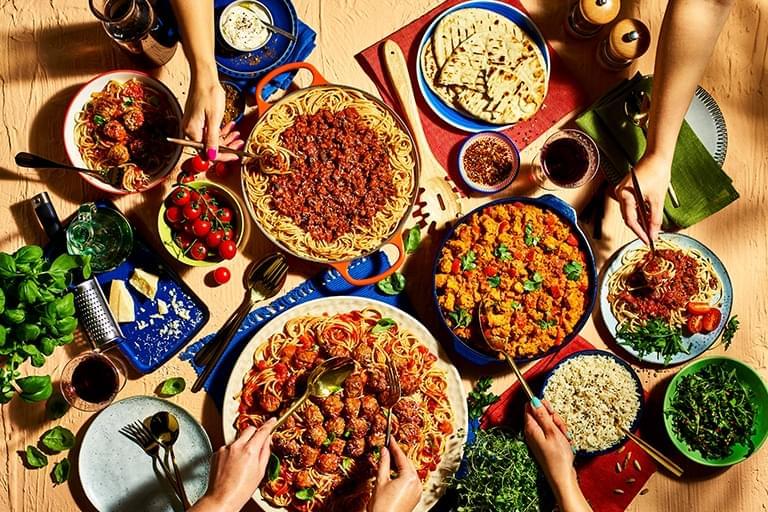
Staying healthy is important for us all and here at Quorn we like to help you do that in the easiest and tastiest way possible. You need not look any further than Quorn mycoprotein. It’s simply one of the best sources of protein there is, providing all nine essential amino acids. It’s also high in fibre, low in saturated fat and contains a number of vitamins and minerals. It’s nutritious and sustainable – it’s the future of food.


Protein that packs a punch
Quorn mycoprotein packs a powerful punch of protein, which is an important part of a healthy diet. Proteins are made of amino acids, nine of which are essential, meaning the body can’t make them itself. This is why getting protein from the foods we eat is so important – it’s essential for growth and maintenance of bone and muscle. Quorn mycoprotein is a complete protein as it contains all nine essential amino acids. Other complete proteins include cow’s milk, chicken and fish, but they tend to be higher in saturated fat. But how does Quorn mycoprotein stack up against animal protein? Amazingly, university researchers [1] found that people who ate Quorn mycoprotein increased their muscle growth rates twice as much as people who had milk protein instead!
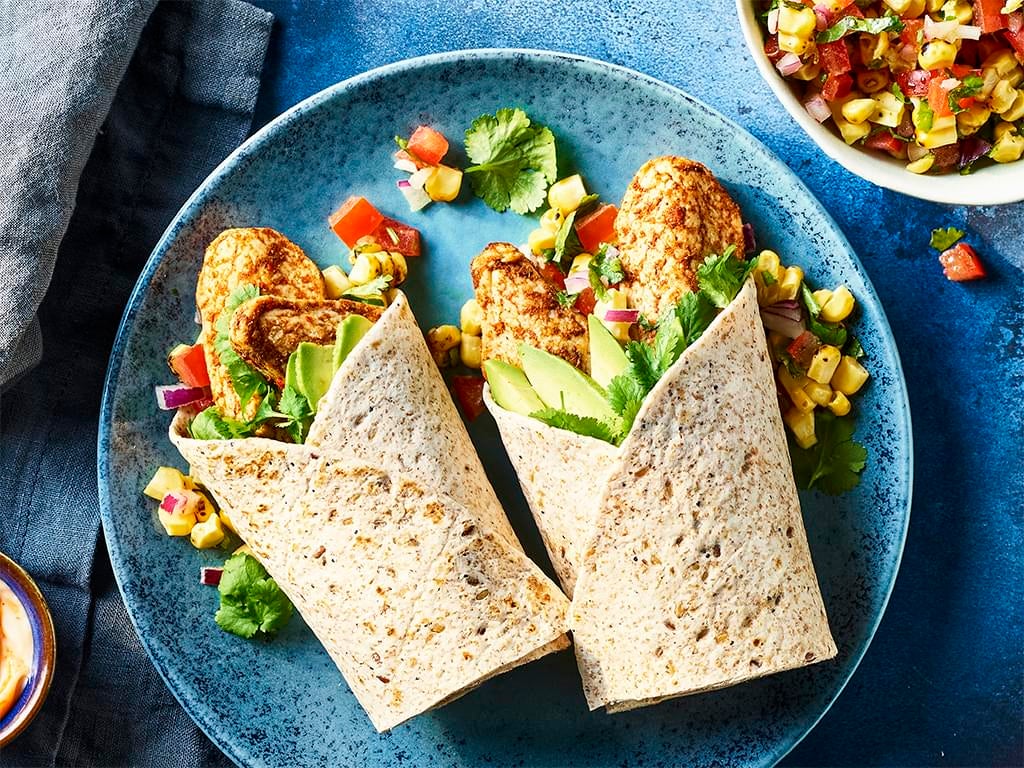

Fantastic fibre
If you get your protein from animal products, you’ll get far less fibre than you would from Quorn mycoprotein. Eating plenty of fibre is associated with a lower risk of heart disease, stroke, type 2 diabetes and some cancers. Quorn mycoprotein is high in fibre, and plant foods such as grains, beans, pulses, fruits and vegetables are also good sources of fibre. Fibre also plays a major role in good digestion and gut health – something we could all do with a bit more of.


Keeping an eye on fat
Quorn mycoprotein is low in total and saturated fat and contains no cholesterol. Fat isn’t all bad, it contains essential fatty acids that our bodies need but don’t make. Not too much mind, especially saturated fats as they can raise bad cholesterol, increasing the risk of heart disease. Animal meat is often high in saturated fats, so swapping out meat for Quorn mycoprotein is a no brainer to lower the amount of saturated fat in your diet.
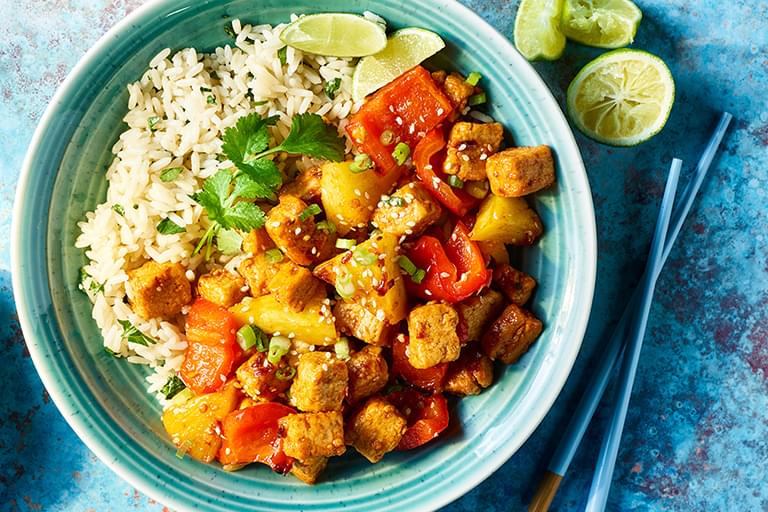

Micro magic
Vitamins and minerals are micronutrients, which means our bodies don’t need a lot of them, but they are incredibly important for a whole range of functions to keep us ticking along nicely. Quorn mycoprotein contains a range of vitamins and minerals including folic acid, zinc, selenium, manganese and choline.
Does good, tastes good
We all want to eat better and help the environment if we can. It’s not hard, really. We don’t have to reinvent the way we eat, just change what we eat. A simple swap to incorporate Quorn mycoprotein into your mealtimes is easy, and your favourite dishes will be just as delicious.
Quorn mycoprotein is a nutritious, sustainable source of protein that takes 50% [1] less CO2 to get to your table than traditional meat. 50%! By choosing it, you’re not only eating better, but you are also helping the environment around you too. What’s not to like about that? Learn more about the environmental benefits of Quorn mycoprotein.
Data sources: 1. Quorn Footprint Comparison Report (the Carbon Trust, 2023)
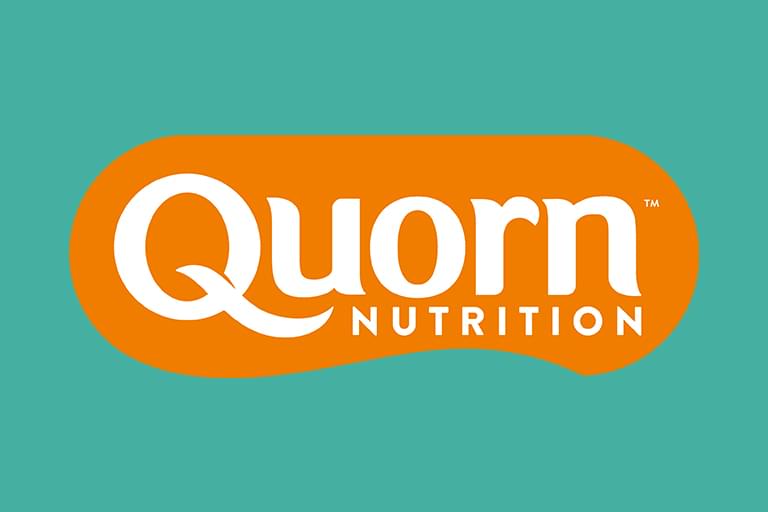
Healthcare Professionals
Are you a healthcare professional looking to find out more about Quorn mycoprotein?
Products
It's easier to help the planet when it tastes great too. See for yourself with our delicious range and make a change to your plate today.
See all products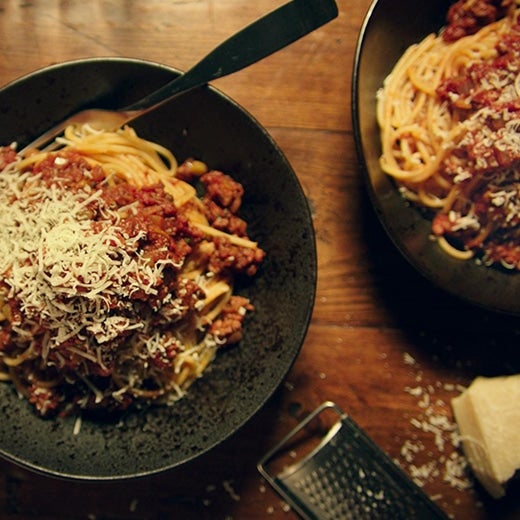
Take that beef
Quorn Spaghetti Bolognese has 90% less saturated fat than a beef version†[1]
Data sources: † Global average, 1. McCance and Widdowson (2019)

FAQs
See all FAQsAre Quorn products gluten free?
Are Quorn products healthy?
We do not claim to have the definitive answer to what is healthy but we focus on providing people with a wide range of food choices that suit how they live, how they prepare food and how they approach health.
Quorn mycoprotein, an ingredient in all Quorn products, is a nutritious protein that can form part of a healthy, balanced and varied diet. It is high in protein, high in fibre, low in saturated fat and contains no cholesterol. This high-quality protein contains all nine essential amino acids which are not produced in the body and must be obtained through the food we eat. Quorn mycoprotein contains a variety of vitamins and minerals, it is a source of riboflavin and is high in choline, folate, manganese, phosphorus and zinc.
According to the UK’s Nutrient Profiling Model (Food Standards Agency, 2004/5), 90% of Quorn’s global portfolio is considered non-HFSS or healthier choices. HFSS foods are those which are high in fat, salt and saturated fat. You can find out more about this here.
Does Quorn have a vegan range?
We have a range of Quorn vegan products which you can view here. All our vegan products are accredited by the Vegan Society and you'll see their logo on pack.
What is Quorn mycoprotein?
Quorn mycoprotein is used as an ingredient in all Quorn products. It is made from a natural, nutritious fungus, and is high in protein, high in fibre, low in saturated fat and contains no cholesterol. Producing Quorn mycoprotein requires 90% less land, water and carbon emissions than producing animal proteins, so it's also good for the health of our planet. Find out more here.
How do I cook Quorn?
Recommended cooking instructions for all Quorn products can be found on the reverse of each pack and on the product page. For best results, we'd recommend that you follow these tried and tested instructions. If you choose to cook Quorn a different way then please make sure it is piping hot all the way through before enjoying. If you’re looking for some tasty meal inspiration then why not try one of our recipes.
Can you reheat Quorn?
Quorn is perfectly safe to reheat, so long as it has been kept nice and cool in the fridge and is eaten within 48 hours. Please ensure that the food is piping hot throughout before serving and remember, don’t reheat more than once.














